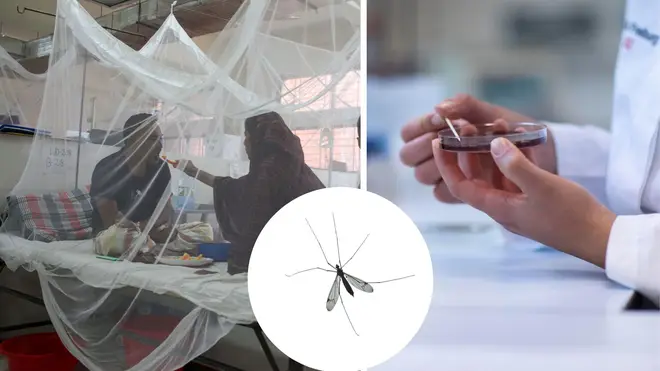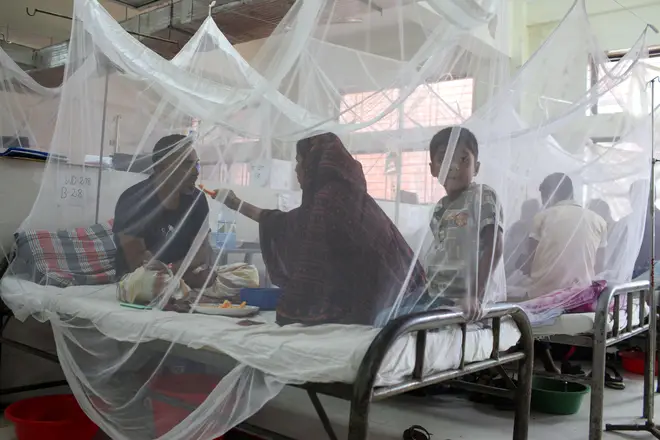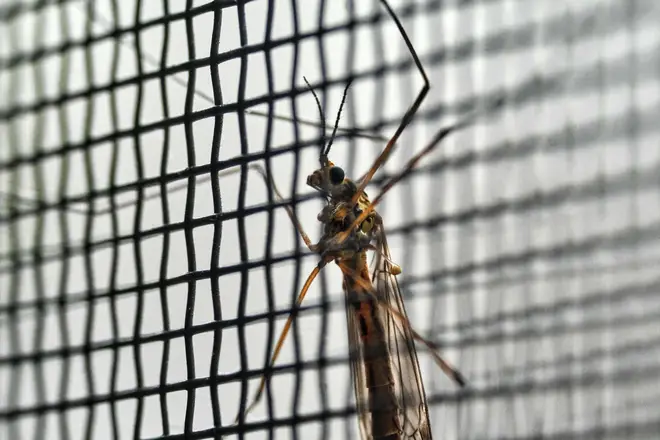
Natasha Devon 6pm - 9pm
4 August 2023, 15:10 | Updated: 4 August 2023, 15:12

Scientists have stumbled upon a gut dwelling bacteria that could hail a breakthrough in the fight against malaria.
The bacteria, known as the TC1 strain of Delftia tsuruhatensis, is a naturally occurring bacteria which resides in the gut of mosquitos.
Scientists chanced upon the potential breakthrough after a colony of mosquitoes being tested as part of an experiment did not develop the malaria parasite.
It's believed the growth-limiting bacteria impact the microscopic parasites that eventually cause the deadly disease.
600,000 people a year currently die after contracting the malaria disease.

The accidental discovery was made by scientists working at Glaxo Smith Klein's (GSK) research centre in Barcelona, Spain, as they researched preventative advancements.
"The infection rate in the mosquitoes started dwindling and so by the end of the year the mosquitoes just would not be infected with the malaria parasite," says Dr Janneth Rodrigues, programme leader.
Testing is now underway to determine whether the bacteria is safe to use on humans.
The discovery followed the group of scientists de-thawing samples from their 2014 experiment nearly two years on.

"Once it colonises the mosquito, it lasts for the entire lifespan," Dr Rodrigues continued.
"And we found out that, yes, it is the bacteria which was responsible for reducing transmission in those mosquitoes."
Nearly half of the world’s population are at risk from malaria, with the Anopheles mosquito, responsible for spreading the malaria parasite, becoming increasingly resistant to antimalarial drugs and sprays.